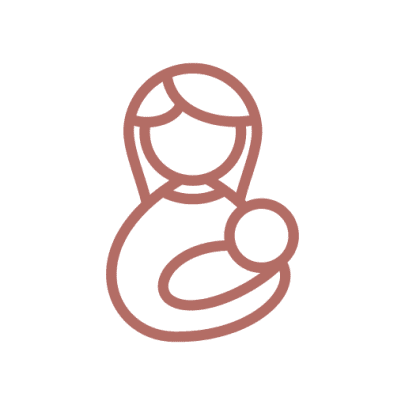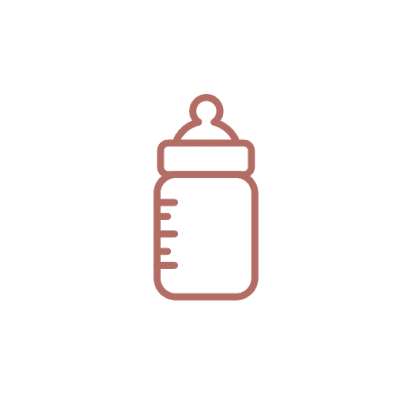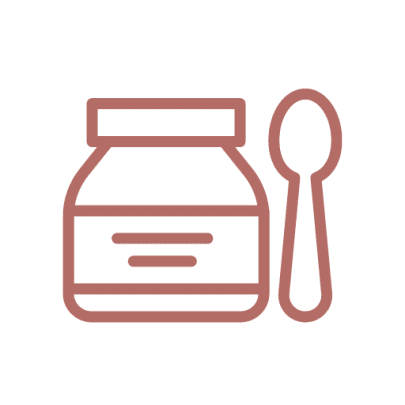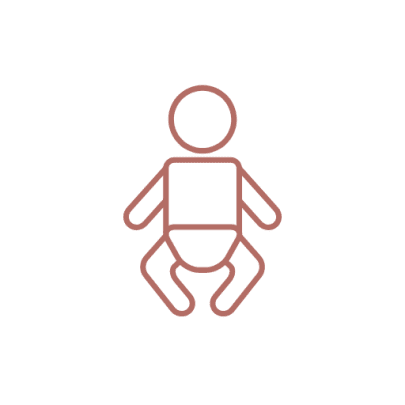Welcoming a new baby into your whānau is a huge life change, and while it can bring joy, it may also bring exhaustion, uncertainty and sadness. Around 10 to 20 percent of new parents experience postnatal depression (PND) – a serious but treatable condition. If you’re feeling this way, please know you are not alone.
PND is more than the common “baby blues” that many experience in the first week after giving birth, which usually pass quickly. Postnatal depression tends to last longer and can begin at any time in the first year. Signs may include:
- Feeling persistently low, tearful or numb
- Difficulty bonding with your baby
- Feelings of worthlessness, anxiety, irritability or overwhelm
- Changes in sleep or appetite
- Loss of interest in things you used to enjoy
- Thoughts that life isn’t worth living or hopelessness
These feelings don’t make you a bad parent. You can love your baby deeply and still experience depression. PND is common, not a weakness, and it’s not your fault.
What causes PND?
There are many reasons why someone may develop PND. Some factors include:
- A history of depression or anxiety
- Little support from whānau or friends
- Financial or housing stress
- A difficult or traumatic birth
- A baby with feeding or health challenges
Lack of sleep and sheer exhaustion
PND can also affect those with strong support and no prior mental health issues. It is a human response to a demanding life event.
Getting support
PND is treatable, and recovery is possible. Talk with your GP, midwife, or Plunket nurse if you are concerned about how you feel.
Support options include:
- PlunketLine (24/7 support) – 0800 933 922
- Depression and Anxiety Helpline – 0800 111 757
- Local mental health services or your GP
If you or your baby is at immediate risk – call 111
Treatments may include talking therapies, medication (which can be compatible with breastfeeding), or peer support. You do not have to manage this on your own.
For more information, including signs, definitions, and links to resources, visit the Mental Health Foundation’s page on Postnatal Depression. It offers clear guidance and further links for support and in‑depth information. Mental Health Foundation of New Zealand
Connect with others
Talking with other mums who understand can make a world of difference. The Breastmates community is a safe, supportive place to share, ask questions, or just listen. Whether you post, privately message a question, or simply read along, connecting with others who get it can be a powerful step towards connection.
Caring for your wellbeing
Looking after your own wellbeing is vital. Try small, gentle steps:
- Eat regularly and stay hydrated
- Sleep when you can
- Spend time outside, even just a few moments in the sun
- Do something kind for yourself
- Ask for help with everyday tasks
Keep a list of things that comfort you and refer to it when needed.
You are not alone
PND is more common than many realise. With time, support and the right care, you will feel like yourself again.
We see you.








